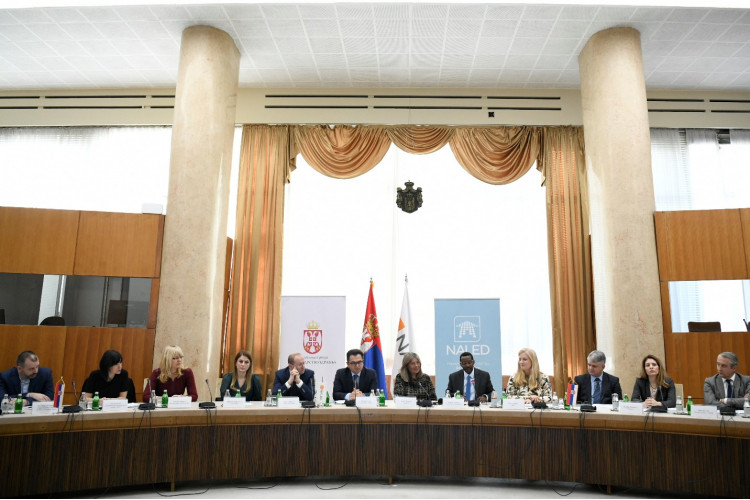Serbian citizens went to a specialist doctor 14.5 million times
Scheduling specialist examinations would be faster and more efficient, if the general practitioner would be obliged to schedule a specialist examination for a patient within 24 hours through the IHIS system (Integrated Healthcare Information System). If there are no free appointments in the following 30 days, the patient could immediately schedule an examination in privately, with the prescribed cost reimbursement.
It is a proposal of the Grey Book of Healthcare, and leans on NALED's proposal of measures to mitigate the effects of the second wave of COVID-19 disease and include the capacity of private healthcare facilities to examine patients in order to relieve public primary healthcare centers and hospitals and have all patients receive medical care during this period. As the priority is to stop the epidemic, this recommendation also reduces the risk of spreading the virus as it reduces the pressure on the institutions’ waiting rooms, and it is important for improving the healthcare system’s efficiency even after the pandemic.
- We hope for great changes in the coming period, considering that the Government of Serbia announces that the healthcare digitalization is one of the main reform priorities. Therefore, it is important to emphasize significant changes such as the introduction of ePrescription, which brought savings of two million euros on printing forms only, and during the first wave of the pandemic and eNotices, which significantly made it easier for employees and employers to obtain these documents and it is necessary that we keep this course- says Una Ljubičić, President of NALED’s Healthcare Alliance.
According to the “Dr Milan Jovanović Batut” Public Health Institute's data, a total of 14.5 million specialist examinations were performed in state practice in Serbia in 2018, which shows that on average, every citizen visited a specialist doctor twice.
According to the number of instructions issued through the IHIS, before the COVID-19 outbreak, the most sought after were internal medicine specialists and ophthalmologists - an average of 6,720 or 5,882 times a day. They are followed by physical medicine and rehabilitation, otorhinolaryngology and orthopedic surgery and traumatology, for which between 3,600 and 4,700 instructions are issued on a daily basis.
According to Ljubičić, there are almost 15,000 specialist doctors in Serbia - mostly internists (2,037), pediatricians (1,690), and gynecologists and obstetricians (1,116). Although the numbers indicate that patients should have no problem scheduling an appointment in a short time, it happens that they wait for a few months for certain examinations, due to a lack of certain specializations, equipment or uneven staff distribution by regions.
Current practice dictates that in case there are no appointments available through the IHIS, the chosen doctor issues a paper instruction without a written appointment, after which patients continue to call and visit the counters of various healthcare institutions in order to schedule a specialist examination. It often happens that they will not examine them with instructions without a written appointment, which is why they return to the chosen doctor several times and thus lose both theirs and the doctor’s precious time.
If IHIS functioned in the proposed way, citizens would know within a day whether there is an appointment available in public institutions and if not, they could immediately make an appointment in private practice and be reimbursed for that.



